The Lake Chad Research Institute (LCRI) has released new varieties of wheat, millet and barley for Nigerian farmers.
The high-yielding new varieties include three bread wheat varieties, three barley and four fortified hybrid millet varieties.
The institute during a pre-release seminar held in Maiduguri recently unveiled new improved varieties of wheat, millet and barley that will add to the country’s stock of seeds in those crops.
SPONSOR AD
The three wheat varieties released recently are Sc W9103, Sc W9105 and Sc W9106.
Alhaji Mohammed Sadiq, the Institute’s Information Officer, said the three bread wheat entrants were developed in partnership with SEEDCO Nigeria, a leading seed company known for its work on crop improvement.
For the three barley varieties, it was developed in conjunction with the Institute for Agricultural Research (IAR), Ahmadu Bello University (ABU), Zaria, he said.
According to him, the four fortified hybrid millet varieties were developed in collaboration with HarvestPlus, an international organization focused on biofortification for better nutrition.
The information officer said that the event attracted a wide range of participants, including agricultural scientists from the Institute that include the Director/CEO Prof. Baba Gana Jugudum Kabir, Director Research, Dr. Zakari Turaki, Dr. Sheriff Wali and other academics from the University of Maiduguri, including Prof. Dattijo Aminu, a Professor of Crop Breeding and Genetics and Dr. Ibrahim Galadima all of the Faculty of Agriculture of the university and key stakeholders in the seed development and improvement sector.
Discussions centered on three market segments namely agronomic performance, nutritional benefits and commercialisation prospects of the new varieties.
The Director/CEO, Prof. Baba Gana Jugudum Kabir, who spoke at the pre-release seminar, said it serves as a critical phase in the formal variety release process, providing a platform for peer review, stakeholder’s feedback- and alignment with national agricultural goals.
The initiative, he said, is expected to contribute significantly to the development of climate-resilient and nutrient -rich crops suited for the diverse agro-ecological zones of Nigeria.
Experts lauded the collaborations behind the varieties as a model for effective public-private partnership in agricultural research and development.
With food security high on the national agenda, the efforts by LCRI and its partners highlights the growing momentum behind agricultural innovation in Nigeria, offering hope for increased productivity and improved livelihoods for millions of farmers.




